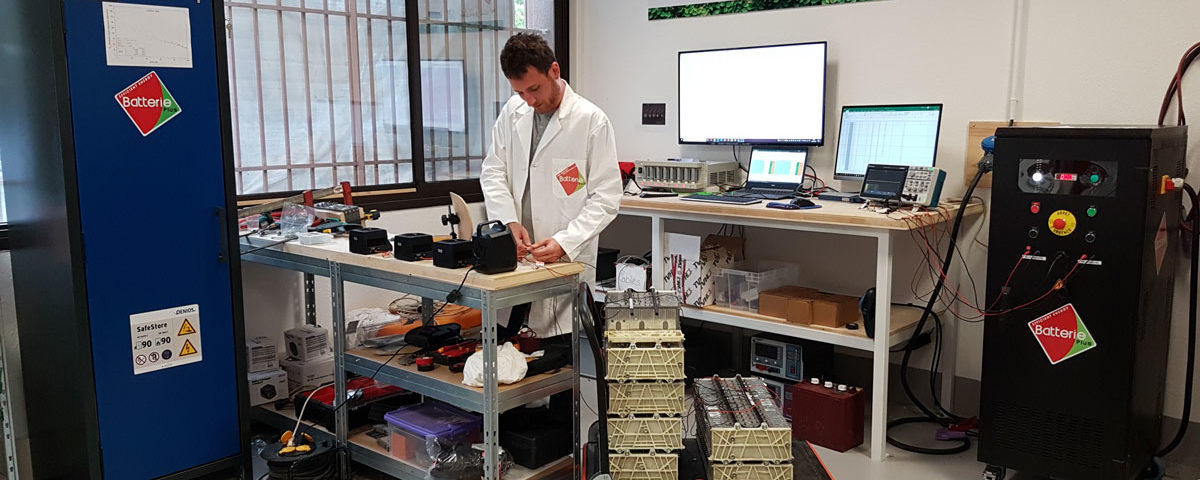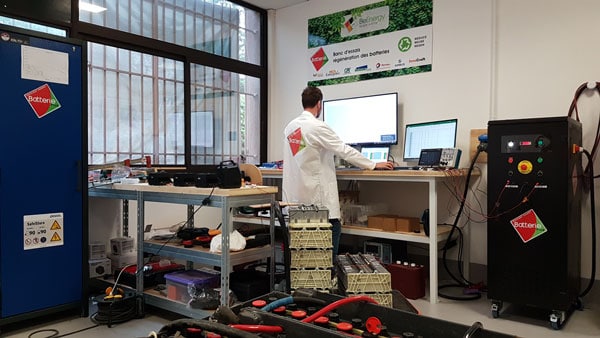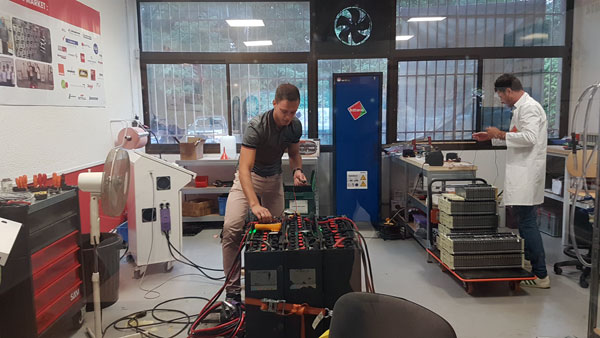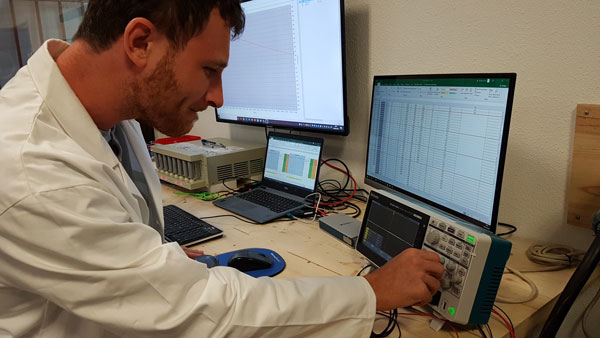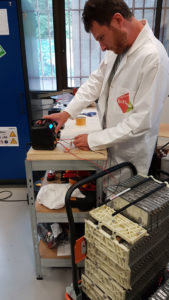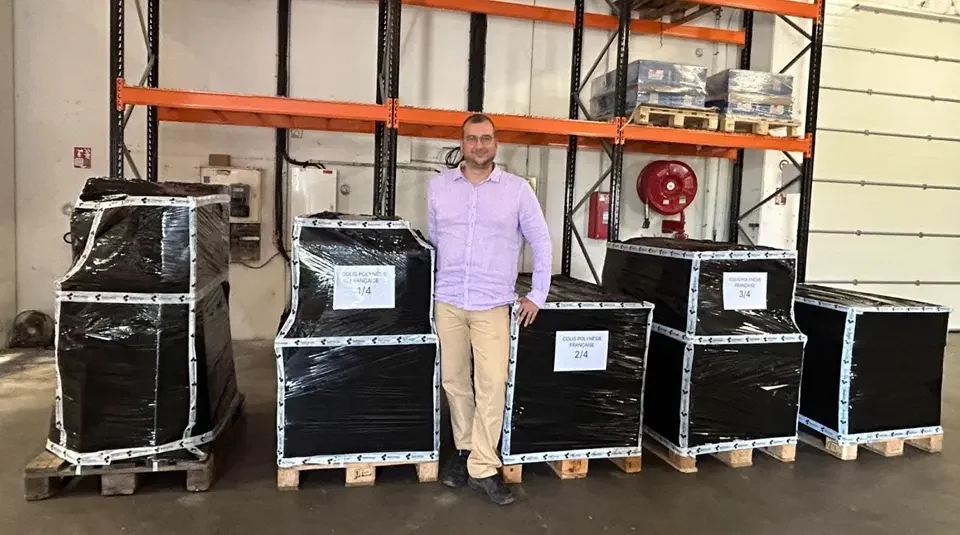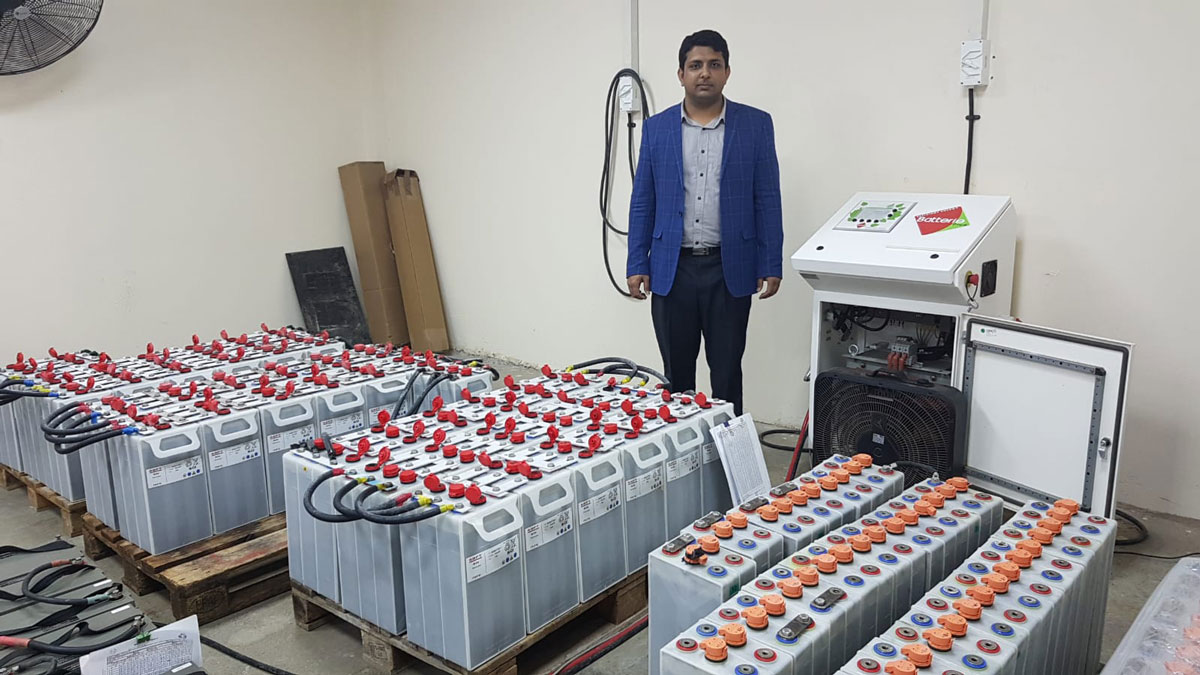
GS Engineering Group in Korea adopts Battery Plus regeneration technology.
18 September 2020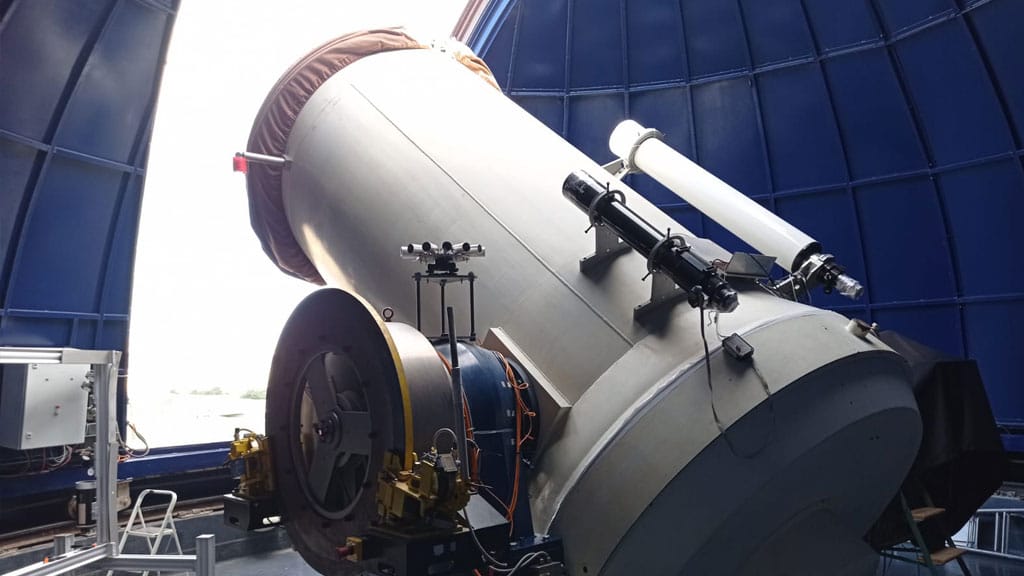
Regeneration of the Côte d’Azur Observatory’s batteries
1 October 2020
Be Energy / Battery Plus is a leader in battery regeneration using lead and NiCad technologies.
The only French manufacturer of battery regenerators, more than 400 machines have been sold in more than 52 countries around the world.
With unparalleled experience, Batterie Plus has established prestigious references with the big names in the telecoms industry as well as in handling.
But we are firmly looking to the future with the launch of several R&D programs in NiMh and Li-Ion technologies.
These two technologies represent the set of hybrid or electric vehicle batteries of today or tomorrow.
The demand is now concrete for the first generation of the iconic Toyota Prius or other hybrid vehicles on the market for more than 10 years now.
These high voltage batteries show degraded capacities which heavily impact vehicle consumption.
Indeed a vehicle, which initially is sober with its hybrid engine, becomes a large consumer of gasoline when the battery no longer holds the charge and that this one is under permanent recharge while driving which increases the consumption!
The only solution is to replace the battery pack with a new one from the manufacturer, which represents nearly € 3,000 for a pack.
To date, few players in the market offer alternative solutions which essentially consist of rebalancing or changing modules.
Our goal is to offer a real regeneration of these modules to do the job 100% and then give a second life to these batteries.
Be Energy / Batterie Plus has just involved a young doctor in electrochemistry in the person of Thomas FAVET who will take on this R&D program.
The tests are carried out on packs from the market but also on cells that have undergone accelerated aging in a climatic chamber within LITEN (laboratory specializing in Lithium at CEA Grenoble).
Many players in the sector have expressed their interest in the potential offered by equipment for regenerating batteries of electric vehicles.
Positioning itself as an economic alternative, this solution, creating new jobs in the service of a circular economy and towards the resilience of territories, will massively reduce CO2 equivalents in the face of new replacement and recycling.

